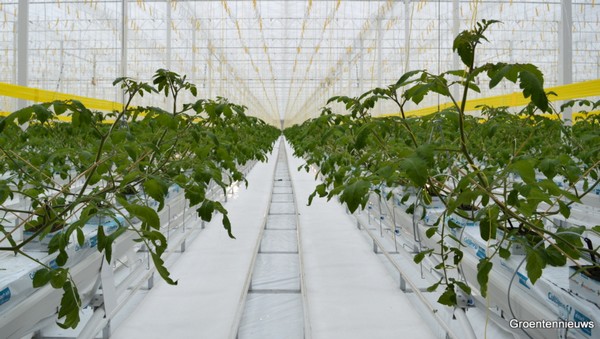In the vast expanse of Krasnoarmeysky District, the remnants of once-thriving greenhouses stand as a testament to a bygone era of agricultural ambition. Where grand structures once housed bustling cultivation, now lie dilapidated frames, serving as eerie memorials to the influx of Chinese agrarians who once dominated these lands. However, amidst the decay, pockets of cultivation persist, raising questions about the abandonment of these fertile grounds and the potential they hold for sustainable agricultural endeavors.
Over a decade ago, the landscape under Chelyabinsk’s gaze witnessed the emergence of Chinese-operated greenhouses, spanning an impressive 800 hectares at their peak. Yet, regulatory shifts in 2015, mandating foreign nationals to obtain patents, prompted a mass exodus of Chinese farmers. Left behind were the colossal skeletons of their once-prosperous enterprises, now reduced to mere shadows of their former glory, with only a handful still operational.
Amidst the barren landscapes, a few resilient farmers continue to toil the soil, cultivating tomatoes in the wake of their predecessors’ departure. However, skepticism lingers among local residents, wary of the chemical-laden produce synonymous with foreign agrarians. Bags of reagents litter the surroundings, casting doubts on the ecological integrity of the land and the safety of its yield.
Local voices echo concerns about the quality of foreign produce, lamenting the pervasive presence of nitrates and a perceived decline in soil health. The narrative of environmental degradation intertwines with tales of neglect, punctuated by the occasional blaze that ravages abandoned structures, leaving behind scorched earth and a bitter reminder of lost opportunities.
While authorities have made efforts to reclaim these lands through legal avenues, the transient nature of foreign agrarians has rendered such endeavors futile. It seems that capital gains outweigh any sense of stewardship, as profiteers vanish into the horizon, leaving behind a legacy of decay and disillusionment.
In the wake of this agricultural diaspora, opportunities beckon for those inclined towards sustainable and eco-conscious cultivation practices. The untapped potential of these forsaken lands serves as a canvas for innovation, inviting entrepreneurs and investors to reimagine the future of agriculture in Krasnoarmeysky District and beyond.










